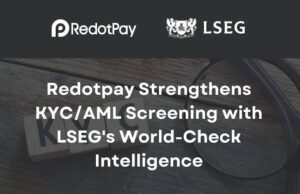Nearly two-thirds of those applying for cryptocurrency agent certification failed the official assessment process despite last-second changes intended to boost the pass rate. Under the Virtual Financial Assets (VFA) Act coming into force in November, financial services practitioners looking to act as agents in the field, which includes cryptocurrencies like Bitcoin, had to undergo a short training course and sit for an exam, the first of which took place in September.
Sources said about 250 lawyers, accounts and auditors sat for the exam, set by the Malta Financial Services Authority and administered by the Institute of Financial Service Practitioners. The exam consisted of a series of multiple choice questions to be graded with a negative marking scheme.
Once the exam papers were graded, it became clear the pass rate was extremely low, leading the authorities to scrap the negative marking scheme in a bid to increase the number of passes. Even after the changes, however, the pass rate was just 39 per cent.
As licences for agents are limited to those who successfully completed the assessment, many practitioners are understood to be frustrated at the process, including the unannounced change in the marking scheme.
The VFA Act is one of three new laws forming part of the government’s ‘Blockchain Island’ strategy and which seek to regulate the blockchain and cryptocurrency sector. The availability of VFA agents is crucial as they are required by all companies issuing initial coin offerings, a means of raising capital by selling virtual assets to investors, and trading these assets on exchanges.
The agents are generally required as liaison between the company and the MFSA. Companies looking to provide other virtual financial asset services, such as portfolio management or investment advice, also need an agent to apply for a licence.
In early September, the financial services watchdog issued a consultation document saying it had “become evident that certain industry players are not sufficiently prepared to register as VFA agents” and that there was a “need to address an existing expectations gap, particularly in view of the inherent risks of this sector”.











